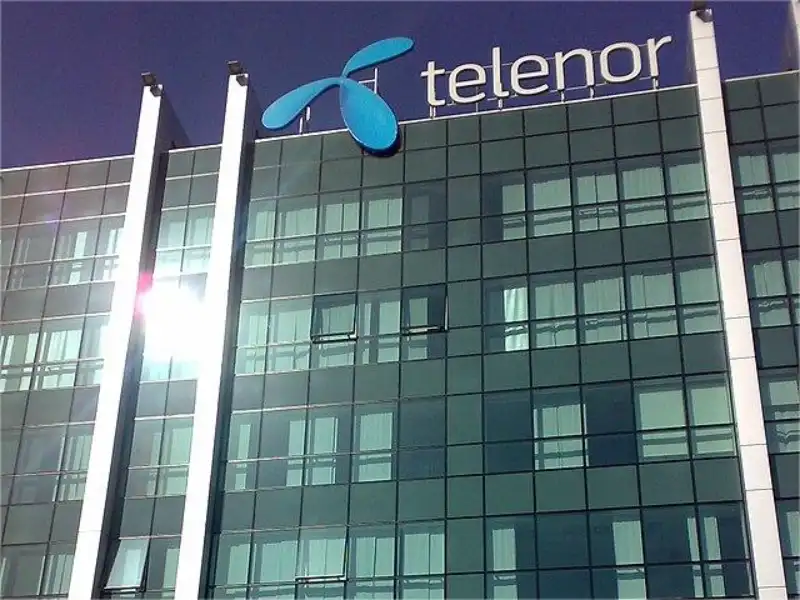- The frequency and severity of cyberattacks on Norwegian businesses and public sector organisations have been on the rise. A survey conducted by Norstat revealed that 1 in 5 business leaders, equivalent to around 130,000 Norwegian companies, reported experiencing cyberattacks in the past year.
- The damage inflicted by cybercrime is expected to produce $8 trillion in global costs in 2023 and could reach as high as $10.5 trillion in 2025, prompting not only cybersecurity companies but nordic authorities to undetake responsibility to prevent cybersecurity.
OUR TAKE
Despite not being prominently displayed, Europe has been quietly working behind the scenes, steadily and solidly advancing. The global cybersecurity market size, company mergers and acquisitions, investment opportunities, and IPOs are poised for significant growth, the world’s hottest and most innovative cybersecurity companies, the Cybersecurity 500, shows nearly 20% are from Europe, with four companies headquartered in the Netherlands making the list.
–Miurio, BTW media reporter
Telenor Group (Telenor), the Norwegian telecommunications group, announced the establishment of Telenor Cyberdefence, a new cybersecurity firm dedicated to the Nordic region. Thomas Kronen will lead the company as CEO, operating under Telenor Amp, the unit that encompasses businesses related to its core activities, as announced on Friday.
what happened?
The frequency and severity of cyberattacks on Norwegian businesses and public sector organisations have been on the rise. A survey conducted by Norstat revealed that 1 in 5 business leaders, equivalent to around 130,000 Norwegian companies, reported experiencing cyberattacks in the past year.
In response to this escalating threat, Telenor, one of Norway’s security players, is taking action by establishing a new cybersecurity company called Telenor Cyberdefence.
The CEO and President of Telenor, Sigve Brekke, emphasised the urgency of robust cybersecurity measures in the face of constant attacks on the digital landscape.
Telenor Cyberdefence will be integrated into Telenor Amp, a portfolio consisting of 15 fully- or partially-owned companies with a combined value of NOK 10-12 billion (1.1-1.3 billion dollars).
To lead this new venture, Thomas Kronen has been appointed as the CEO of Telenor Cyberdefence. “We are excited to establish Telenor Cyberdefence, bringing together security expertise from across the Nordic region to create a powerful entity dedicated to safeguarding our customers’ digital security,” says Thomas Kronen, CEO of Telenor Cyberdefence.
With the exponential growth of data and the increasing digitalisation of society providing criminals with a larger playground, Telenor recognises the need to prioritise digital security. By focusing on this area, Telenor Cyberdefence aims to develop advanced security products more rapidly and effectively cater to the evolving market demands.
Also read: AI in cybersecurity: Challenges and opportunities
Also read: Cybersecurity: Definition, importance and operating principles
Why it’s important?
The damage inflicted by cybercrime is expected to produce $8 trillion in global costs in 2023 and could reach as high as $10.5 trillion in 2025, prompting not only cybersecurity companies but nordic authorities to undetake responsibility to prevent cybersecurity.
According to a new risk assessment study by the Norwegian National Security Authority (NSA), ongoing Russian incursions into Ukraine could potentially increase cyber attacks on public and commercial organisations in Norway, to counter these threats, the country is rapidly enhancing its cybersecurity framework. For instance, in August of this year, the Norwegian government approved an additional allocation of 200 million Norwegian kroner (21 million dollars) to bolster national security against digital threats. The government has also earmarked 392 million Norwegian kroner (41.4 million dollars) in special funding to strengthen the cyber defense capabilities of the Norwegian Defense Forces and the national security organisations tasked with national network defense duties.
Similarly, the Danish government has intensified efforts in cybersecurity under the 2018-2023 Defense Agreement, investing 1.4 billion Danish kroner (200 million dollars) over the next few years. This funding aims to enhance network and information security, including expanding sensor networks provided by cybersecurity centres to better prevent cyber attacks on authorities and businesses.
It’s worth noting that the impact of these developments is significant. Europe’s cybersecurity strategies are compelling us to place greater emphasis on cyber security.

